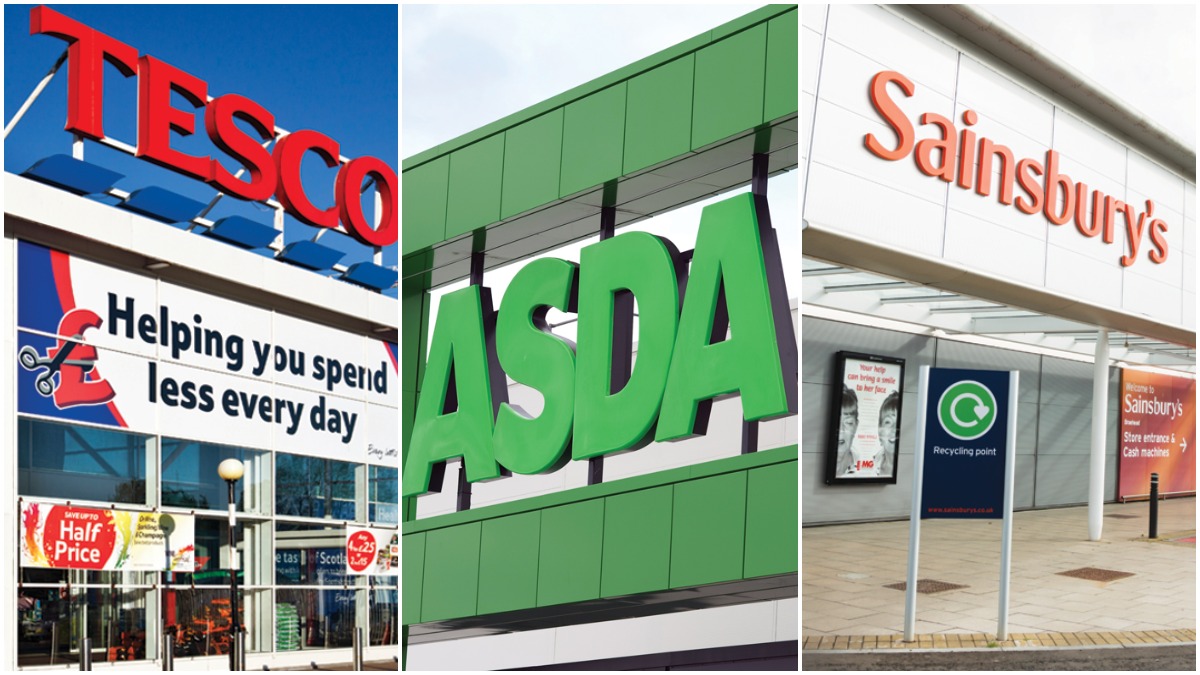Supermarkets could be given priority over independent wholesalers and retailers amid a strain on availability caused by the Russian invasion of Ukraine.
Last week, the Food and Drink Supply Chain All-Party Parliamentary Group (APPG) discussed the potential repercussions of the Russian Ukrainian invasion on the UK. Analysts have previously warned the conflict could add to existing inflationary pressures faced by stores, and cause supply shortages of key grocery lines.
Asked by Better Retailing about the impact on supply into independent retailers, the APPG’s panellists warned supermarkets could be given preferential treatment.
Stores benefit as lorry driver shortage finally eases
Tony Goodger, head of marketing and communications at the Association of Independent Meat Suppliers, said: “Obviously, the supermarkets did take priority on certain amounts of supply [during the Covid-19 pandemic] because they were, dare I say, able to strongarm their suppliers slightly. If a form of rationing does come in, I think you’re going to see [the order of supply go to] public sector catering, particularly prisons, hospitals, school meals and care homes, then supermarkets.
Provision Trade Federation director general Andrew Kuyk added that the lowest-income families would be hit the hardest, with potential price increases on value lines.
“It’s observable fact that some of the convenience stores did not get as well supplied as some of the major retailers,” he said.
Grocery prices continue to rise to near-record levels
“It comes back to poverty and access to things. Do you put in place things that seek to alleviate the burden on the poorer households?
“Because at this point, their percentage of disposable income going on food is higher and the chances are that, on the sorts of foods at the value end, the impact pro rata will be higher. So, again, it’s a lose-lose.
“And so there are some significant policy challenges around that, as well as the sort of economic and market challenges.”
Newsprint strike puts newspaper allocations and availability at risk
The panellists also raised concerns that pallets traditionally used in wholesale depots and to transport goods on deliveries could also be impacted.
The Packaging Federation chief executive Dick Searle said: “By far, the biggest issue is very substantial increases in input costs. This hits across all sectors, and it’s going to inevitably require significant price increases, as there is now no capacity after Covid-19 and everything else for absorbing these costs.
“Virtually all the pallets in Europe are made from Russian wood. Starch is widely used in the manufacture of paper and board, and the main supply of source for that is Ukraine. Sunflower oil is widely used in the manufacture of inks, coatings and resins.”
Read more symbol group news



Comments
This article doesn't have any comments yet, be the first!